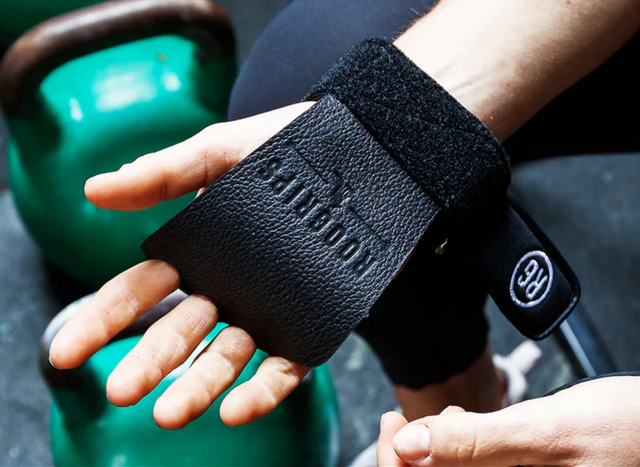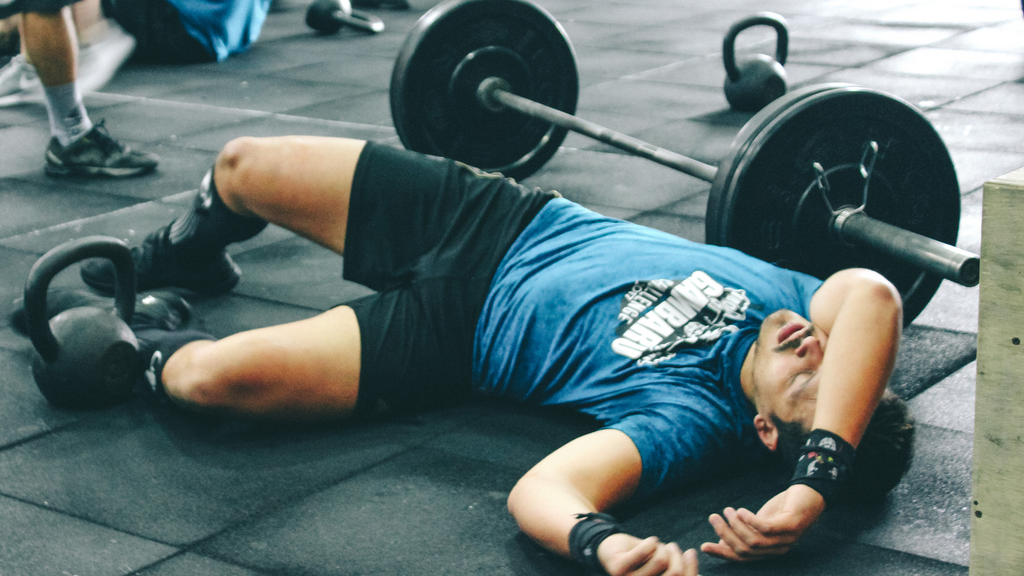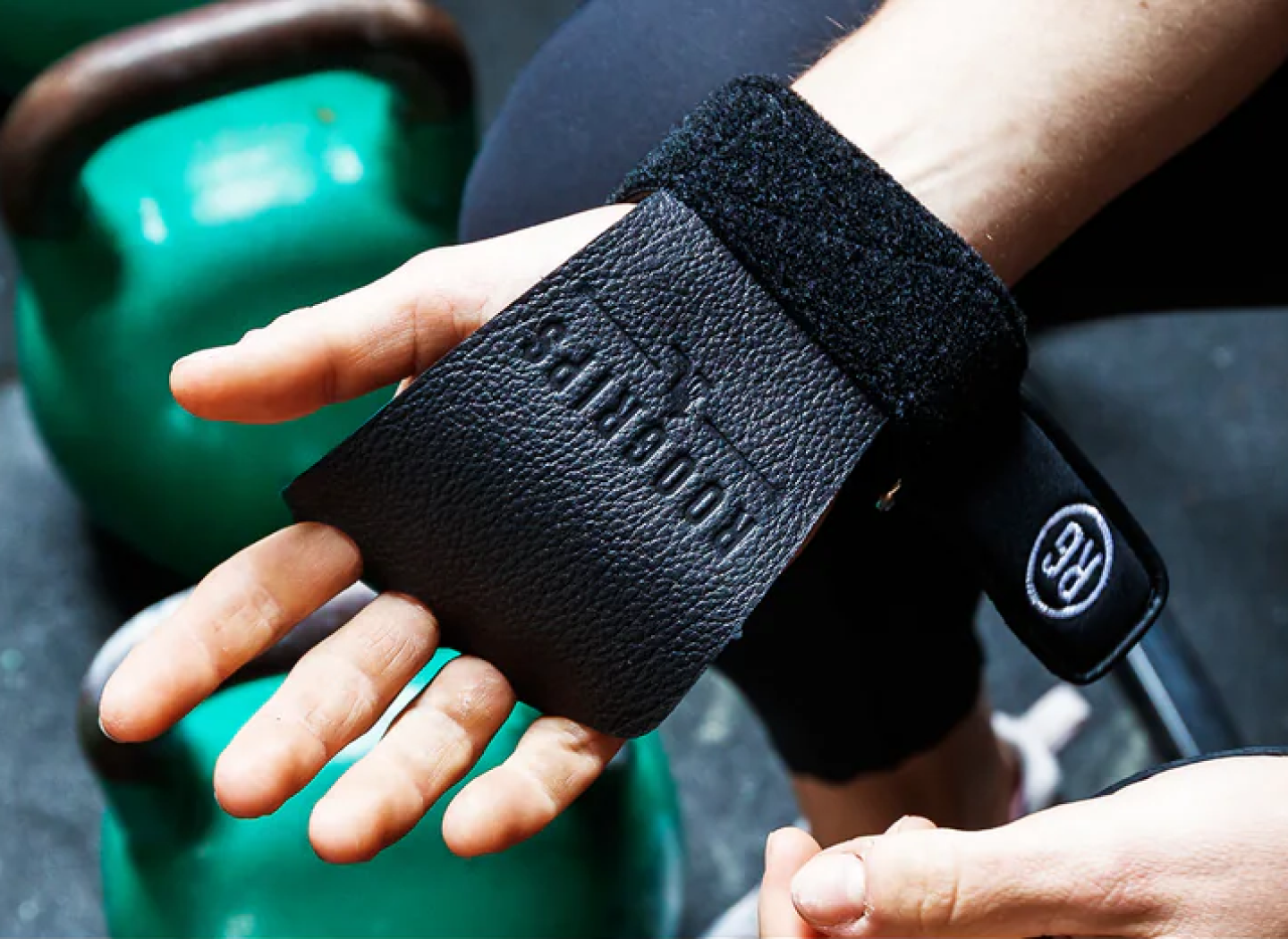“Caffeine increases the ability to generate mental focus and physical energy… it’s one of the most reliable performance-enhancing tools we have when used properly.”
— Andrew Huberman, neuroscientist, Huberman Lab
Introduction
Coffee lovers and CrossFitters, unite — it’s International Coffee Day! But this isn’t just about indulging in your morning brew (though, yes, do that too). Caffeine is one of the most well-studied performance enhancers out there. When used smartly, it boosts focus, power, endurance — making it a stealth secret weapon in your training toolkit.
Below: the science, the stats, the caveats, and some real voices in the game. Let’s brew knowledge.
The Science & Stats: What We Actually Know
Performance Gains
-
In a classic CrossFit-style study, 13 trained men consumed 5 mg/kg of caffeine (about what a 75kg athlete would get from ~375 mg caffeine). They completed a 20-min AMRAP (5 pull-ups, 10 push-ups, 15 air squats) and got significantly more repetitions vs placebo (461 vs 425 reps).
-
That’s an ~8.9% increase — enough to meaningfully shift performance in a WOD.
-
Broadly, meta-analyses show caffeine often improves muscular endurance, aerobic performance, and perceived exertion across many exercise modalities.
Mechanisms (Why It Works)
-
Caffeine blocks adenosine receptors in the brain → reduces feelings of fatigue, increases alertness.
-
It triggers a surge of epinephrine (adrenaline), priming your body to perform.
-
It lowers perceived exertion — workouts feel “easier” even though you’re pushing harder.
-
It may help with fat oxidation (burning stored fat) in certain settings.
Dose & Timing
-
The sweet spot: 3–6 mg caffeine per kg body weight tends to be where most performance benefits are found. (Eg. ~240–480 mg for an 80 kg athlete).
-
Effects tend to peak 45–60 minutes after ingestion — so time your brew/shot accordingly.
-
The dose–response relationship isn’t linear: above ~6 mg/kg, you get diminishing returns + higher side-effect risk.
How To Use Caffeine Smartly in Your Training
| Tip | Why It Matters |
|---|---|
| Start low, ramp up | Try 3 mg/kg first — see how your body reacts |
| Time it right | 45–60 minutes pre-workout is prime window |
| Avoid late-day caffeine | It can wreck sleep quality, killing recovery |
| Be aware of all sources | Coffee, pre-workouts, energy drinks — total counts |
| Cycle usage | Use caffeine for your key session days, back off on lighter ones |
| Try caffeine + theanine | Many people report smoother energy, fewer jitters (as per Huberman Lab) |
“Most people will get the best effects by delaying caffeine intake 90–120 minutes after waking. That timing allows adenosine to clear naturally and gives you more stable energy across the day.”
— Andrew Huberman
Caution & Health Notes (Because I’ve got your back)
-
Too much caffeine → jitters, anxiety, digestive upset, palpitations, insomnia.
-
People with heart conditions, high blood pressure, arrhythmias, or who are caffeine-sensitive should be extra careful or avoid high doses.
-
Regular overuse builds tolerance, meaning you’ll need more for the same effect (bad spiral).
-
Withdrawals are real: headache, fatigue, irritability if you suddenly stop.
-
Pregnant/lactating folks, or those on certain medications, should check with their physician first.
Disclaimer: This blog is for informational purposes only. If you have health issues or are unsure how your body handles stimulants, consult a medical professional before using caffeine as a performance tool.
Final Thoughts & Call to Action
On International Coffee Day, let’s raise our mugs — but let’s also be smart. Caffeine isn’t magic, but it’s a powerful ally when treated with respect. It can bump your focus, endurance, and output — if you dose and time it well.













